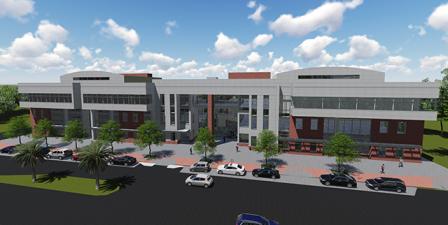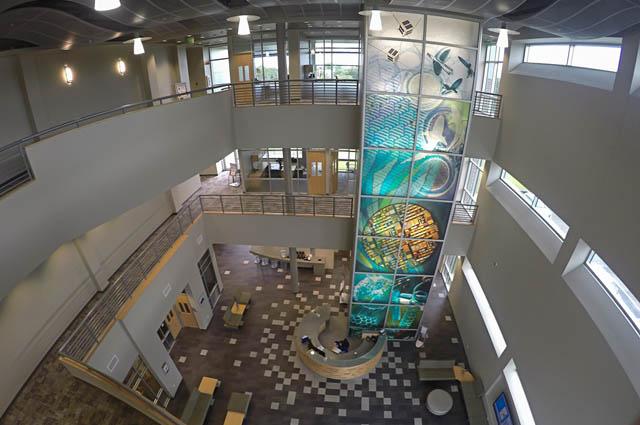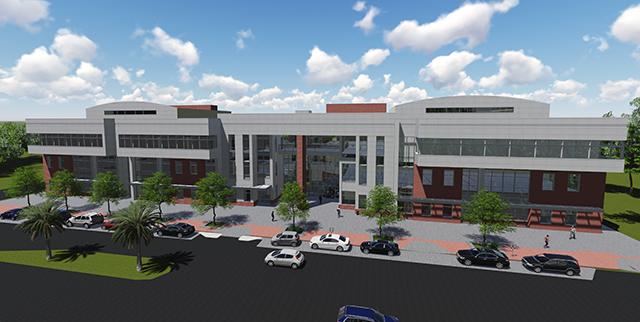
Innovation Hub at the University of Florida
Jane Muir, Director, Innovation Hub at the University of Florida and EDA UF Tech Connect

Florida began investing heavily in a more disaster-resistant “innovation economy” a decade ago as a necessary transition from a traditional dependence on population-dependent industries such as tourism, construction and real estate. The state's efforts have been hampered by natural disasters and severe job losses resulting from the mortgage crisis and the economic recession. While unemployment rates in the state have improved during the recovery from the Great Recession, which ended in June 2009, the economy has taken a slow path toward full employment — and it’s not there yet. The EDA, however, has helped Florida to make the move toward that “innovation economy” by providing funds for an incubator built for that purpose.

In January 2012, EDA funds helped build and open the Innovation Hub at the University of Florida, a business incubator located in Gainesville, Florida, that has had a significant statewide impact. In the three and a half years since that opening, the incubator’s client companies have created 760 jobs and generated more than $50 million in private investment.
One of the companies that moved into the Innovation Hub when it opened was Shadow Health. Starting with only a few employees, the company grew to 24 in 10 months and moved downtown. Now, 3 1/2 years later, it has grown to 65 employees. And based on research regarding the growth of companies, its real growth potential won’t be achieved for a few more years.
The significant impact of the startups that received assistance from the Innovation Hub at UF is yet to be felt, as the majority of companies see their most significant job growth after year five of operation. The disaster-resistant jobs created in technology-based companies typically have a multiplier of 2 to 7 indirect jobs, depending upon which formulas used to calculate the impact. This means the real impact of the Innovation Hub is somewhere between 2,200 and 6,000 jobs created.
The University of Florida is the state's leading research institution driving this new innovation economy through its high level of research funding of over $700 million (4th highest in the Southeast). In the past 12 years UF has helped create over 170 technology startups. The EDA-funded Florida Innovation Hub at UF has been extremely instrumental in helping to achieve these results and is now operating at capacity.
The good news is that this first phase of the Innovation Hub at the University of Florida is just the beginning. Recently, the EDA has offered more grant funding – which the university will match – for a second phase of the Innovation Hub to be built by August 2018. The addition to the state-of-the-art, efficient and function multi-level technology business incubator facility will include approximately 50,000 square feet of office space, laboratories, conference rooms, and other capabilities for qualified technology startup companies. It will allow some of the Hub’s current startups to grow and expand, in addition to welcoming new startups and the Entrepreneurial Woman’s Center, which will provide ongoing assistance to an under-represented population in the entrepreneurial ecosystem.
The construction of this second phase will undoubtedly generate significant high wage, disaster-resistant jobs throughout the state of Florida, a tribute to the impact of the EDA.


